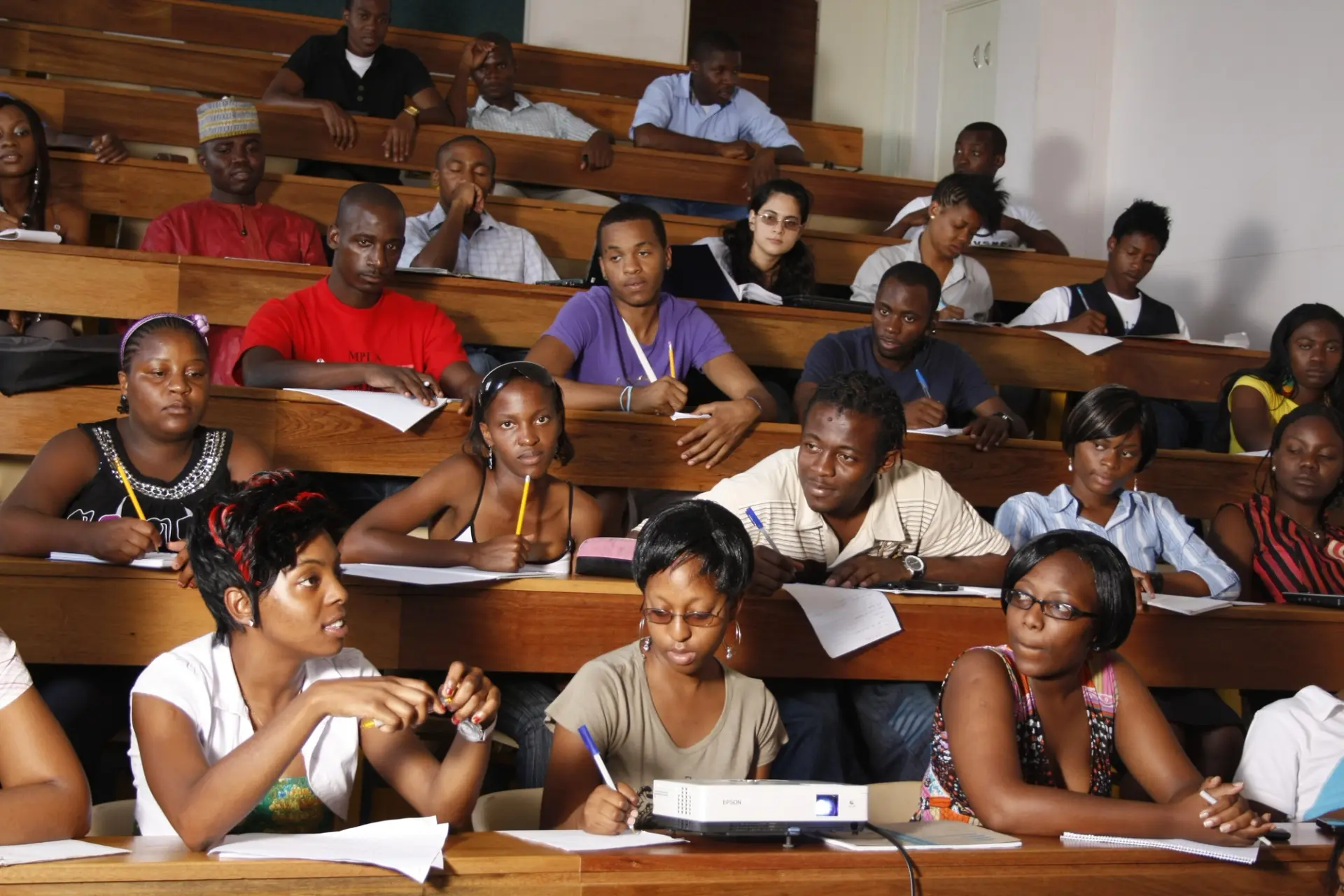Three U.S. lawmakers—Gwen Moore, Sheila Jackson Lee, and Sara Jacobs—have rebuked the U.S. State Department under Secretary Antony Blinken for disproportionately rejecting student visa applications from Nigeria, Kenya, Ghana and other African nations while approving far more visas for applicants from other regions, particularly Asia.
In a letter addressed to Blinken on January 24, the lawmakers called for an explanation of the striking differences in visa approval rates for students from Africa compared to those from other parts of the world, especially Europe and Asia.
Read also: Cryptocurrency gains spiritual backing as Ghanaian Pastor supports Dogecoin investment
The stark visa denial disparity
The lawmakers’ concerns stem from recent data obtained through a Freedom of Information Act (FOIA) request to the State Department. The data revealed a troubling pattern of high visa denial rates for African students, with 54 percent of African applicants being rejected in 2022. In contrast, students from Europe faced only a 10 percent denial rate, and other regions like Asia had similarly lower rejection rates.
Analysis of the FOIA data indicated that seven out of 10 African students applying for study visas were denied, raising alarms about potential bias in the visa process. Specifically, Nigerian students had a rejection rate of 69 percent in 2022, which worsened to 75 percent in 2023. Ghanaian students saw a similar increase, with the refusal rate rising from 48 percent in 2018 to 63 percent in 2023. Kenyan students experienced the most severe rejections, with refusal rates at 75 percent in 2022, dropping only slightly to 74 percent in 2023, compared to 43 percent in 2018.
In contrast, students from Asian countries with similar economic profiles to African nations were far less likely to be denied study visas.
Concerns over unfair treatment of African applicants
The lawmakers questioned the rationale behind the higher rejection rates for African students, particularly when countries with comparable economic conditions, such as Bangladesh and Honduras, faced much lower refusal rates. For instance, Bangladesh had a refusal rate of 63 percent in 2023, while Honduras saw a rejection rate of just 20 percent, despite having similar economic circumstances to many African nations.
“If the 2023 student visa refusal data above is compared to countries with very similar per capita gross domestic products, it becomes evident that countries in Africa (such as Ghana, Kenya, and Nigeria) have substantially higher student visa refusal rates than similarly situated countries throughout the rest of the world [such as Bangladesh (63 per cent refusal rate in 2023), Honduras (20 per cent refusal rate in 2023), and Kyrgyzstan (52 per cent refusal rate in 2023)],” the lawmakers wrote in their letter. They called for an explanation as to why African students are being treated unfairly.
The role of foreign students in U.S. diplomacy
In their letter, the lawmakers also reminded Blinken that the student visa program plays a vital role in advancing U.S. national security and diplomacy. By welcoming international students, the U.S. fosters goodwill, strengthens cultural exchange, and builds relationships with other countries. The lawmakers argued that foreign students from Africa, in particular, contribute significantly to the academic and cultural fabric of the United States, making it essential for them to be granted equal treatment during the visa application process.
“The student visa program benefits the national security of the United States. It supports U.S. diplomacy by promoting people-to-people ties that create goodwill and mutual understanding,” stated the Congress members.
“It is critical that foreign students from Africa are treated similarly to foreign students from other parts of the world,” they wrote in the letter. “There should be no reason that the State Department data should reflect such disparities among similarly situated countries.”
Rice University confirms the trend of high visa rejections for African students
Rice University in Texas corroborated the lawmakers’ findings, confirming that African students who had been admitted to the university were being denied visas at a much higher rate than students from other continents. The university’s experience highlights a broader issue affecting students from African nations who face disproportionately high rejection rates despite being accepted into U.S. academic programs.
Read also: White House thanks Tinubu’s government for freeing Binance executive ‘on humanitarian grounds’
A call for transparency and action
The lawmakers are now demanding a briefing from the State Department to clarify the reasons behind the disparity in student visa denials. Moore, who chairs the Congressional Caucus on Ghana, expressed her pride in leading this initiative to address the issue, emphasizing the need for a more equitable visa system that reflects the contributions of all international students to the U.S.
“America’s student visa admission rates must reflect that students from all parts of the world enrich our nation with their knowledge, talent, and skills. Moore said. “I look forward to receiving a response from State Department officials on this issue.”
The concerns raised by these lawmakers shed light on the growing frustration over the perceived inequities in the U.S. student visa process, particularly for African applicants. Their call for accountability and a clearer explanation from the State Department points to a larger issue of fairness and equal opportunity for international students. As this inquiry progresses, the outcome could have lasting implications on how the U.S. handles student visa applications from around the world, especially from Africa.





Leave a Reply